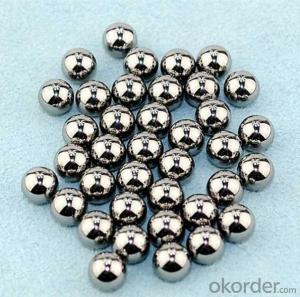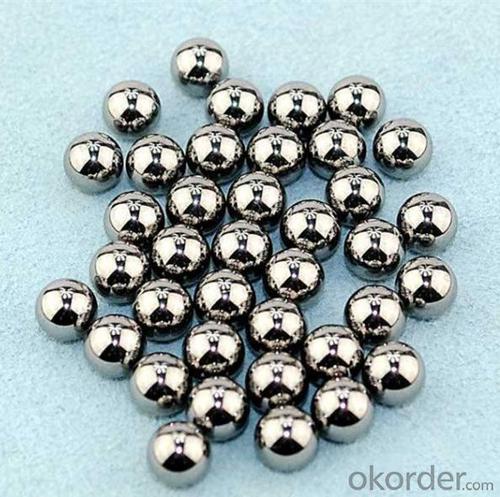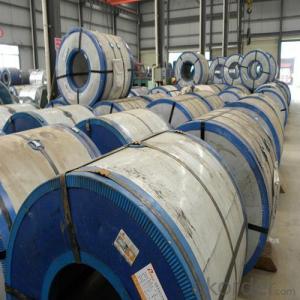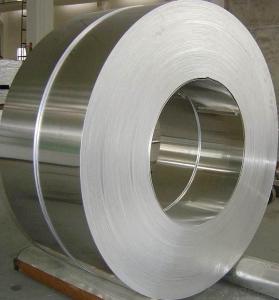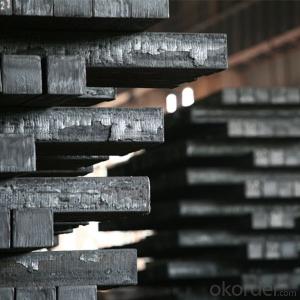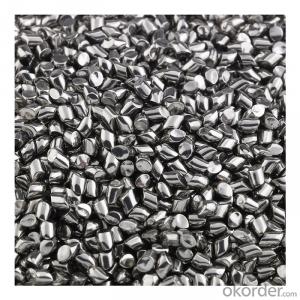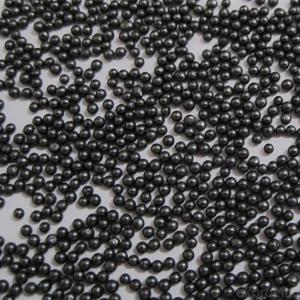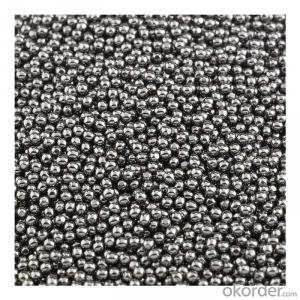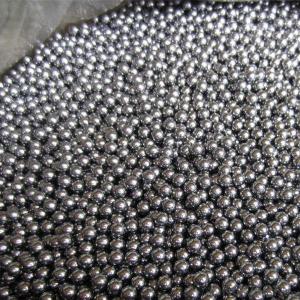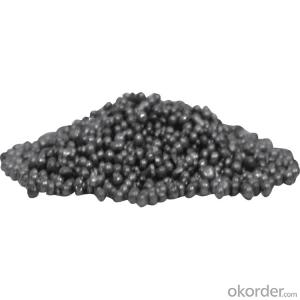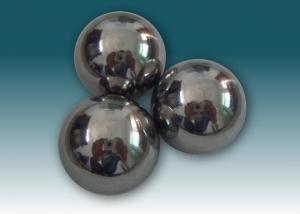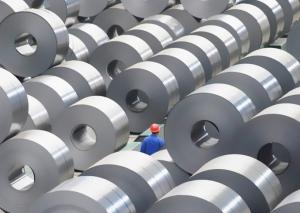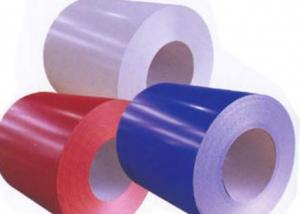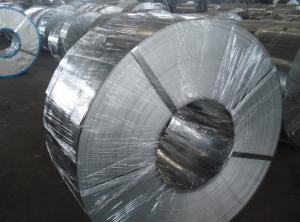AISI420 Steel Shot 8mm G100 Stainless Steel Ball
- Loading Port:
- China main port
- Payment Terms:
- TT OR LC
- Min Order Qty:
- 1 m.t.
- Supply Capability:
- 10000 m.t./month
OKorder Service Pledge
OKorder Financial Service
You Might Also Like
Specification
Product Description
THE DETAIL OF STAINLESS STEEL BALL| Product | Stainless steel ball |
| Material | stainless steel |
| Brand | SAIGE |
| Percision | G100 |
| Hardness | HRC>52 |
| Surface | zero defect, bright |
| Checking | 100% sorted |
| Sales mode | wholesale or retail |
| Sample | by free |
| Package | four small boxes within a carton of 20kg |
| Certification | ISO9100;2008SGS |
Products Picture
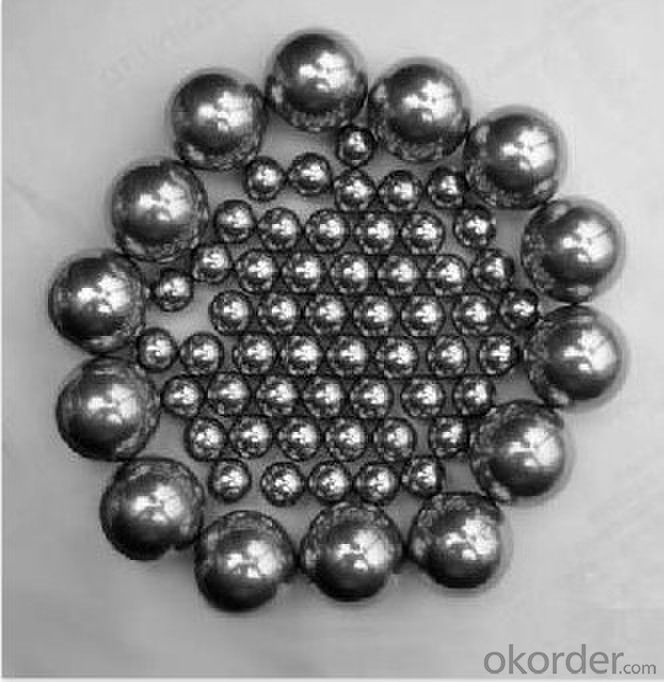
AISI 420 have good hardness and fair-to-good corrosion resistance and strength, it is generally used for all applications requiring resistance to corrosion such as bearings, valves, writting instruments, food environment, fresh water, many petroleum products and mild acid environments. AISI 420 is also magnetic.
AISI 420 stainless steel balls in our factory:
Minimum diameter :1.2mm
Best precision :G10
Hardness :HRc>52
SAFE PACKAGE
Step 1: Weighing stainless steel balls. Usually the weight is about 10kg.
Step 2: Sealed plastic bags
Step 3: Put sealed plastic bags into small boxes.
Step 4: Each box has the label, including material, Lot No. Size, quantity, grade, date and so on
Step 5: Each box directly put into mooden case.
High precision stainless steel balls usually is oil package. Normal precision stainless steel balls usually is dry package.
We also can pack them according to customers' request.
STEEL BALLS APPLICATION
Expect the stainless steel ball , we have other stainless steel ball . chrome steel ball , carbon steel ball .
They are all passed the ISO and SGS certification , They are all safe.
- Q: What are the different types of steel bars?
- There are several different types of steel bars, including mild steel bars, deformed steel bars, stainless steel bars, and alloy steel bars.
- Q: How do steel products contribute to the education and institutional sector?
- Steel products contribute to the education and institutional sector in various ways. Firstly, steel is extensively used in the construction of educational buildings, such as schools and universities, providing a strong and durable infrastructure that can withstand heavy use over time. Additionally, steel is utilized in the fabrication of furniture, equipment, and fixtures, ensuring a safe and functional learning environment. Moreover, steel products are employed in the manufacturing of educational resources like whiteboards, desks, and storage systems, enhancing organization and productivity within classrooms. Overall, the use of steel products in the education and institutional sector plays a crucial role in creating conducive learning spaces that promote safety, durability, and efficiency.
- Q: How do steel products contribute to the recycling industry?
- Steel products contribute to the recycling industry in various ways. Firstly, steel is one of the most recycled materials globally, with a high recycling rate of around 90%. The recycling process of steel products helps conserve natural resources and reduces the need for mining raw materials, thereby minimizing the environmental impact. Secondly, recycling steel products saves energy as it requires less energy to recycle steel compared to producing it from scratch. Additionally, the steel recycling industry creates job opportunities and stimulates economic growth. Overall, steel products play a vital role in the recycling industry, promoting sustainability and resource efficiency.
- Q: How do steel products contribute to the infrastructure development of a country?
- Steel products contribute to the infrastructure development of a country by providing the necessary materials for construction projects. Steel is a versatile and durable material that is used in various infrastructure components such as bridges, buildings, roads, and railways. Its strength and resilience make it a key element in ensuring the stability and longevity of these structures. Additionally, steel products enable the construction of taller and more complex buildings, facilitating urbanization and economic growth. Its widespread use in infrastructure projects also creates employment opportunities and stimulates economic activity within the country.
- Q: What are the different types of steel bars used in construction?
- There are several types of steel bars commonly used in construction, including mild steel bars, deformed steel bars, high-strength deformed steel bars, and ribbed steel bars.
- Q: How do steel products contribute to the agricultural and farming sector?
- Steel products play a crucial role in the agricultural and farming sector by providing durable and efficient equipment. From tractors and harvesters to storage silos and fencing, steel products offer strength and longevity, allowing farmers to increase productivity and yield. Additionally, steel structures such as barns and sheds provide essential shelter for livestock and equipment, ensuring their safety and well-being. Overall, steel products contribute to the modernization and efficiency of the agricultural industry, enabling farmers to meet the growing demands of food production.
- Q: What are the different types of steel valves?
- There are several different types of steel valves, including gate valves, globe valves, ball valves, butterfly valves, and check valves.
- Q: What are the factors to consider while selecting steel products for a specific application?
- When selecting steel products for a specific application, there are several factors to consider. These include the required strength and durability, corrosion resistance, cost, availability, and the specific conditions and environment in which the steel will be used. Additionally, factors such as the required shape, size, and weight of the steel product, as well as any special properties or certifications needed for the application, should also be taken into account.
- Q: How do steel products contribute to sustainability and environmental protection?
- Steel products contribute to sustainability and environmental protection through various ways. Firstly, steel is highly durable and long-lasting, reducing the need for frequent replacement and therefore minimizing waste generation. Additionally, steel is a highly recyclable material, with a recycling rate of around 90%, which helps to conserve resources and reduce energy consumption compared to producing new steel. Moreover, steel has a high strength-to-weight ratio, allowing for lightweight designs and efficient transportation, which leads to lower fuel consumption and greenhouse gas emissions. Lastly, steel products can be designed to be energy-efficient, such as in the construction industry where steel structures can provide better insulation, reducing energy consumption for heating and cooling. Overall, steel products contribute to sustainability and environmental protection by promoting resource conservation, waste reduction, energy efficiency, and lower emissions.
- Q: What is the process of steel galvanization?
- The process of steel galvanization involves coating steel with a protective layer of zinc. This can be done through either hot-dip galvanization or electro galvanization. In hot-dip galvanization, the steel is immersed in a bath of molten zinc, which forms a metallurgical bond with the surface of the steel. Electro galvanization, on the other hand, uses an electric current to deposit a layer of zinc onto the steel surface. Both methods provide a corrosion-resistant coating, extending the lifespan of the steel and protecting it from rust and other environmental damage.
Send your message to us
AISI420 Steel Shot 8mm G100 Stainless Steel Ball
- Loading Port:
- China main port
- Payment Terms:
- TT OR LC
- Min Order Qty:
- 1 m.t.
- Supply Capability:
- 10000 m.t./month
OKorder Service Pledge
OKorder Financial Service
Similar products
Hot products
Hot Searches
Related keywords
